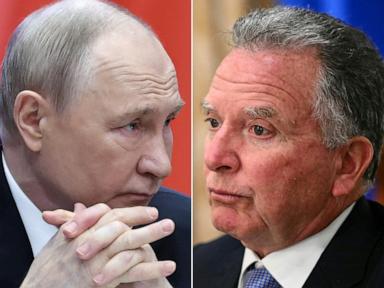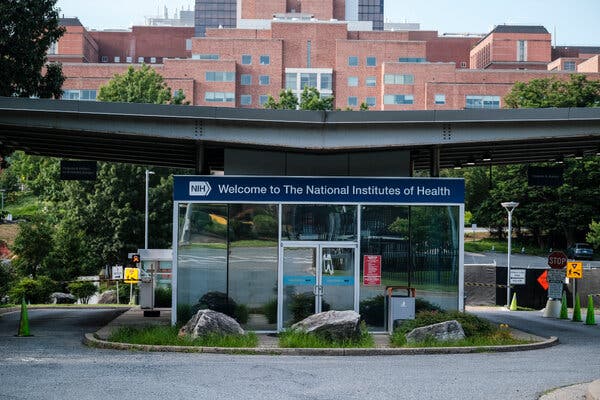Two prominent scientists have filed whistle-blower complaints alleging they were removed from leadership positions at the National Institutes of Health (N.I.H.) due to their objections to actions taken by the Trump administration regarding vaccine policies. The complaints, submitted late on March 27, 2024, highlight significant internal conflict within the agency as it faced pressures that they claim undermined vaccine research and funding.
Dr. Jeanne Marrazzo, who led the National Institute of Allergy and Infectious Diseases until the end of March, and Dr. Kathleen Neuzil, who headed the Fogarty International Center until mid-April, expressed concerns about what they described as an administration-wide “hostility” towards vaccines. They argued that this hostility was evident among senior officials at the N.I.H., an institution renowned for its pivotal role in vaccine research.
The complaints detail how the administration allegedly sought to politicize the grant-making process and flout court orders, actions which, they argue, have the potential to hinder future research on vaccines intended to combat infectious diseases. Both scientists pointed out that such political pressures could lead to a decline in scientific rigor and could ultimately affect public health, opening the door to preventable infections.
Dr. Marrazzo and Dr. Neuzil’s allegations contribute to a broader criticism from former high-ranking health officials, who warn that unscientific views regarding vaccines have gained traction within the federal government. These officials emphasize that such views are dangerous, as they threaten the integrity of public health policies.
The ramifications of these allegations extend beyond personal grievances. The scientists contend that the administration’s approach has not only jeopardized the future of vaccine development but has also constrained federally funded research efforts. This has raised alarms among public health experts who stress the need for robust vaccine research to protect communities from emerging infectious diseases.
As the N.I.H. grapples with these serious allegations, the claims made by Dr. Marrazzo and Dr. Neuzil underscore the critical importance of maintaining scientific integrity and transparency in health research, especially in a time when vaccine development is pivotal for global health security.







































































